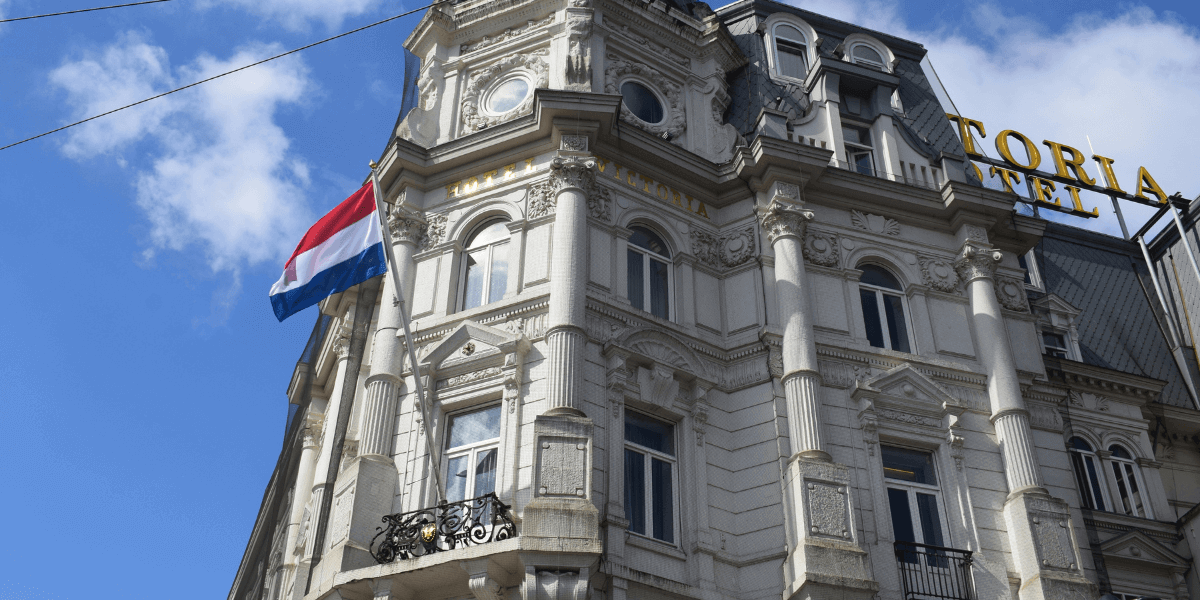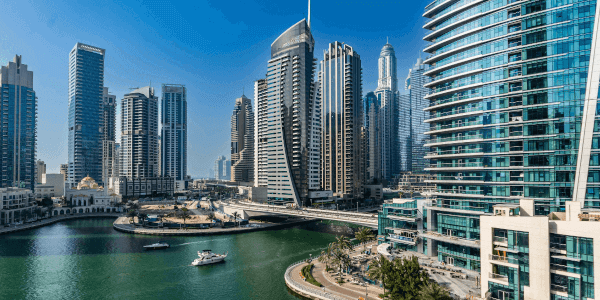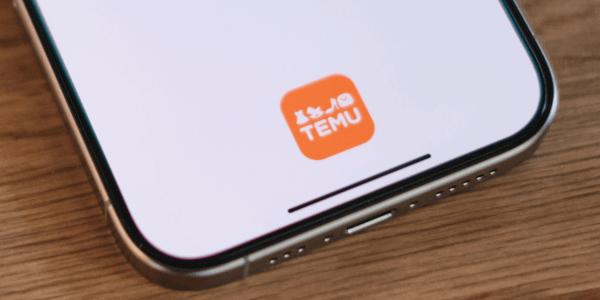Freelance Visa Dubai (Dubai Green Visa): The Complete Guide for UK Applicants
Learn how to get a freelance visa in Dubai as a UK freelancer, understand requirements, tax and free zones, and manage cross-border income with Wise.

The Netherlands has been a hotspot for independent professionals in recent years1, so it’s no surprise that countless Brits continue to imagine running their self-employed businesses from this beautiful country.
If you’re keen to do the same, it’s time to apply for a Netherlands self-employed residence permit. In this guide, we’ve broken down the entire process, covering the key steps, essential documents you’ll need, financial requirements, and more.
We've also touched on the reasons that make Wise Business the perfect business account for freelancers and self-employed individuals in the Netherlands.
| Topic | Notes |
|---|---|
| Residence Permit Exemptions 🗺️ | Are you an EU/EEA or Swiss citizen? If so, you do not need a visa or residence permit to live and work in the Netherlands. You only need a valid ID/passport, and must follow local registration, tax, and safety rules2. Are you a UK citizen? If so, you do not need a visa to travel to the Netherlands, but you *do *need a Self-Employed Residence Permit to legally live and work in the Netherlands. |
| The Basics 💡 |
|
| Startups 🌱 | Read our detailed Dutch startup visa guide to learn more about the best option for startups. |
| Visa Duration and Residency 🌎 | The Self-Employed residence permit is temporary and valid for up to 2 years. It can be extended if your business remains viable. After five years of legal residency, you can become eligible for permanent residency3. |
| Application Fee 💶 | €405 (unless you are a long-term resident in another EU member state - in which case it costs €243)4. Note that this fee is for the residence permit application and doesn’t include additional costs such as those pertaining to notarising documents. It is advisable to check the official IND website for the exact fee at the time of application. |
| Processing Time ⏳ | Typically takes 90 days10. |
In order to be eligible for a Netherlands Self-Employed Residence Permit, your business activities must serve the economic interests of the Netherlands12.
The Netherlands Enterprise Agency (RVO) makes a call on this using a points-based system.
You need at least 90 points, consisting of 30 points per category across three categories - personal experience, business plan quality, and economic contribution5.
You must gather the following documents:
How much does the Netherlands Self Employment Residence Permit cost?
It costs €405 for all first-time applicants, unless you are already a long-term resident in another EU member state, in which case it costs €243.
The total amount you need for the permit and additional costs can range from €500 (approximately £433) to €700 (approximately £607).
To give you an idea of the total amount you might need, it costs €405 for the residence permit application fee4, €82.25 to register your business with the Dutch Chamber of Commerce (KvK)15, €39 for a TB (tuberculosis) test7 (if applicable to you), and €100+ for additional costs, such as those pertaining to the gathering of the required documents outlined in step 2.
Tip: If you're unsure of how to apply, you can always reach out to dedicated agencies to guide you through the process11. This will cost extra but could provide peace of mind.
The IND typically aims to decide on applications for the Netherlands Self-Employed Residence Permit within 90 days10.
Once your residence permit is approved, collect it from the IND. It will state whether you can work as a self-employed person (and whether you have the freedom to work in other roles).
Note: Within 3 months after permit issuance (if applicable), you may need to schedule your TB (tuberculosis) test at the GGD (public health service) using the referral form (Appendix TB test referral 7604), unless you’re exempted.
The Netherlands Self-Employed Residence Permit is usually valid for 2 years3. To extend it, you must continue meeting the application criteria.
The easy way to think of it is like having to apply for the permit every 2 years by submitting the same documentation as you did the first time.
When you’re renewing your permit, you must notify the IND of any changes to your personal circumstances or self-employment. Failure to do so can lead to fines or permit revocation.
Note: You may qualify for permanent residence after 5 years of uninterrupted lawful residence in the Netherlands11.
As a freelancer (or zelfstandige zonder personeel – zzp’er), you’ll need to register with the Dutch Tax and Customs Administration (Belastingdienst) and pay taxes on your income10.
You’ll generally deal with:
You may also qualify for tax cuts and allowances, such as the zelfstandigenaftrek (self-employment deduction). This can significantly reduce your taxable income if you meet certain criteria.
Therefore, while Dutch taxes might seem a bit daunting initially, the system favours freelancers who stay on top of their game.
Teaming up with a local accountant can help you stay compliant, make the most of your deductions, and keep your finances running like a breeze.
"I get paid in euros, have expenses in the UK, and need to move money between other currencies all the time. Banks take too long, charge too much, and always seem to add hidden fees or unnecessary steps... Wise is simple. Transfers of my company’s money are immediate in any currency, converted or not. I know what I’m paying, fees are minimal, and I have zero hassle getting it where it needs to go.”
Working as a self-employed freelancer in the Netherlands can be a substantial lifestyle upgrade. The country makes it easy to live and work on your own terms with its thriving freelance culture, supportive visa options, and high quality of life.
Sure, the process takes some planning, but you’re good to go once you’ve sorted everything. As long as you follow the steps we discussed above and have all your eggs in order, you have a solid chance of getting your permit.
With Wise Business Advanced plan*, you can receive payments from Dutch clients in Euros (and even invoice them using the free invoice generator) right off the bat once you’ve got your self-employment residence permit.
You can choose to convert these earnings to 40+ currencies at the mid-market exchange rate with no hidden fees and/or spend in Euros with the Wise Business card while also earning 0.5% cashback on eligible spending.
And your business won't be limited by borders either, as you can send money to over 140+ countries for things like supplier payments, keeping you connected to the world.
Simplify your self-employment by opening a Wise Business account today.
**Disclaimer: The UK Wise Business pricing structure is changing with effect from 26/11/2025 date. Receiving money, direct debits and getting paid features are not available with the Essential Plan which you can open for free. Pay a one-time set up fee of £50 to unlock Advanced features including account details to receive payments in 22+ currencies or 8+ currencies for non-swift payments. You’ll also get access to our invoice generating tool, payment links, QuickPay QR codes and the ability to set up direct debits all within one account. Please check our website for the latest pricing information.
There’s no definite answer for someone who asks this question, as it depends on various factors.
Normally, the Dutch Immigration and Naturalisation Service (IND) aims to decide on residence permit applications within 90 days.
However, in reality, the process can stretch to 2 to 6 months, particularly if your case needs a closer look, involves extra paperwork, or requires advice from the Netherlands Enterprise Agency (RVO).
The minimum income in 2025 is €1,697.82 (approximately £1,475) monthly gross profit (inclusive of your holiday allowance14.
Yes, but they will need to apply for their own residence permits as your dependents.
To sponsor them, you must prove that your income from self-employment is sufficient to support both yourself and your family.
No. The self-employed residence permit is granted specifically for you to work as an independent entrepreneur.
Taking on salaried employment for another company is not allowed. Your sole focus must be on running the business outlined in your application.
The most common reasons for rejection are:
No, but it is highly recommended. Providing letters of intent or signed contracts from potential Dutch clients shows the Immigration and Naturalisation Service that your business is viable. It also significantly strengthens your business plan and helps you score the necessary points with the RVO.
You don’t need it to get the permit, but you do need it once you have the permit. Once you’re granted the permit and you register as a resident in a Dutch municipality, you are legally obligated to take out basic Dutch health insurance (basisverzekering). You must do this within four months of your registration.
Sources:Sources last checked on October 9th, 2025
*Please see terms of use and product availability for your region or visit Wise fees and pricing for the most up to date pricing and fee information.
This publication is provided for general information purposes and does not constitute legal, tax or other professional advice from Wise Payments Limited or its subsidiaries and its affiliates, and it is not intended as a substitute for obtaining advice from a financial advisor or any other professional.
We make no representations, warranties or guarantees, whether expressed or implied, that the content in the publication is accurate, complete or up to date.

Learn how to get a freelance visa in Dubai as a UK freelancer, understand requirements, tax and free zones, and manage cross-border income with Wise.

Learn how to sell on Temu in the UK. Our guide explains account registration, how to optimise listings, and compliance requirements to start making money.

Discover the difference between operating as a sole trader and self-employed in the UK. Our guide covers legal definitions, tax responsibilities, and more.

Learn the exact steps to become an Uber driver and start earning in the UK. Our guide explains rules, requirements and steps in detail.

With the rise in side hustle culture, and people wanting more flexible working arrangements, the freelance revolution isn't slowing down - in fact, it's going...

Essential advice for freelancers in Singapore, covering taxation and best practices for managing your finances effectively.